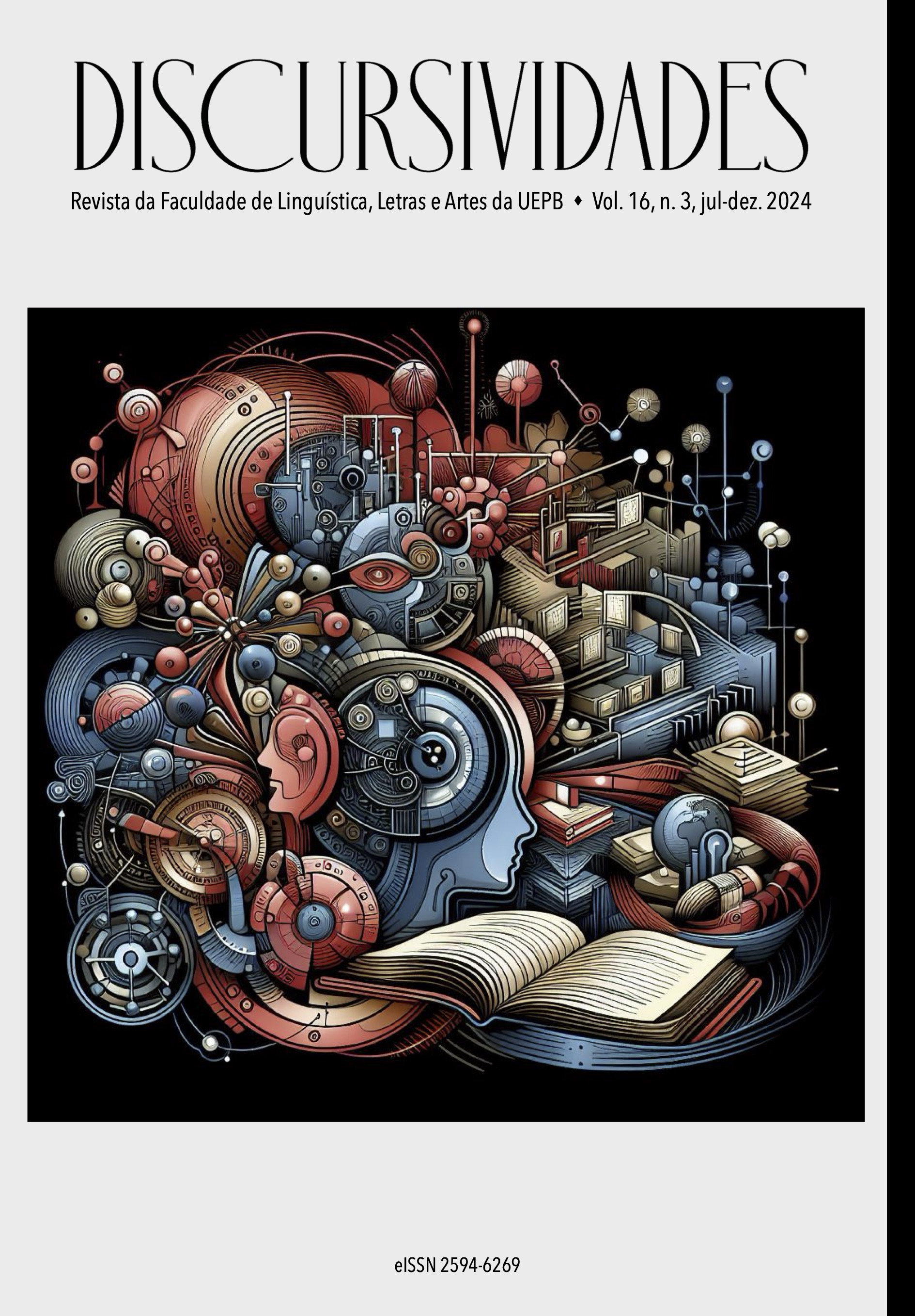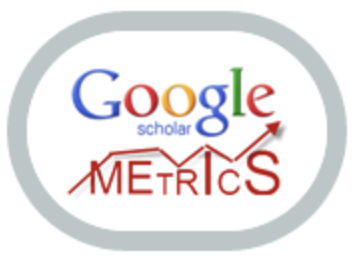Text correction: description of a proposal applied in the initial training of portuguese language teachers
Keywords:
Initial teacher training., Text correction., Video lessons.Abstract
This article describes a proposal for text correction used in the initial training of Portuguese Language teachers, aiming to reflect on such pedagogical action based on the treatment given in an activity applied to academics on the Portuguese Literature course at a public university, located in interior of the State of Paraíba. To this end, we seek to elucidate the desire to answer the following research question: what do teaching and learning instructions point to the practice of correcting school texts in the initial training of Portuguese language teachers? In the video lesson “How to correct your own essay”, the teaching instructions given using tips are distributed between study techniques and knowledge of the dissertation-argumentative text genre. To carry out this analysis, we adopted netdocumentary research (Sales, 2014), considering that the investigation took place through the internet, in addition to qualitative research (Prodanov; Freitas, 2013), through the mobilization of a problem arising in the field of language. We are also based on theoretical considerations about text production and correction (Geraldi, 1984; Reinado, 2001; Serafini, 2003; Arcoverde; Arcoverde, 2007) to describe and reflect on the way in which Professor Luma guides students to correct their texts themselves.
References
ABAURRE, Maria Luiza M.; ABAURRE, Maria Bernadete M. Um olhar objetivo para produções escritas: analisar, avaliar, comentar. 1 ed. São Paulo: Moderna, 2012.
ARCOVERDE, Maria Divanira de Lima; ARCOVERDE, Rossana Delmar de Lima. A escrita como processo. Campina Grande; Natal: UEPB/UFRN, 2007.
ARCOVERDE, Maria Divanira de Lima; ARCOVERDE, Rossana Delmar de Lima. O ato de escrever: perspectivas teóricas. Campina Grande; Natal: UEPB/UFRN, 2007.
GERALDI, João Wanderley. Escrita, Uso da Escrita e Avaliação. In: GERALDI, João Wanderley (org). O texto na sala de aula. 4. ed. Cascavel, ASSOESTE, 1984.
GOMES, R. N. A didatização do gênero carta de leitor com foco na interação: uma proposta de ensino e aprendizagem de Língua Portuguesa. 210 f. Dissertação (Mestrado em Letras). Currais Novos-RN: Universidade Federal do Rio Grande do Norte (UFRN), 2019.
MOITA LOPES, Luiz Paulo da. Linguística Aplicada e vida contemporânea: problematização dos construtos que têm orientado a pesquisa. In: LOPES, Luiz Paulo da Moita (org.). Por uma linguística aplicada interdisciplinar. São Paulo: Parábola Editorial, 2006. p. 85-105.
PAIVA, V. L. M. O. Manual de pesquisa em estudos linguísticos. São Paulo: Parábola, 2019.
PRODANOV, C. C.; FREITAS, E. C. Metodologia do trabalho científico: métodos e
técnicas da pesquisa e do trabalho acadêmico. Novo Hamburgo: Feevale, 2013.
REINALDO, Maria Augusta G. de Macedo. A Orientação para a Produção de Texto. In: DIONÍSIO, Ângela Paiva; BEZERRA, Maria Auxiliadora (orgas). O livro didático de português: múltiplos olhares. Rio de Janeiro: Lucerna, 2001. p. 87-100.
RUIZ, Eliana Donaio. Como corrigir redações: uma proposta textual-interativa. 1. ed. São Paulo: Contexto, 2010.
SALES. S. R. Etnografia + netnografia + análise do discurso: articulações metodológicas para pesquisar em educação. In: MEYER, D. E.; PARAÍSO, M. A. Metodologias pós-críticas em educação. Belo Horizonte: Mazza Edições, 2014.
SERAFINI, Maria T. Como Escrever Textos. Tradução de Maria Augusta Bastos de Mattos; adaptação Ana Maria Marcondes Garcia. 11. ed. São Paulo: Globo, 2003.
Downloads
Published
How to Cite
License
Copyright (c) 2024 Renilson Nóbrega Gomes; Williany Miranda da Silva

This work is licensed under a Creative Commons Attribution 4.0 International License.
Authors who publish in this journal agree to the following terms:
a) Authors retain copyright and grant the journal the right of first publication. The articles are simultaneously licensed under the Creative Commons Attribution 4.0 International Public License (CC BY 4.0) which allows the sharing of the work with acknowledgment of its authorship and initial publication in this journal.
b) Discursividades journal offers immediate free access to its content, following the principle that making scientific knowledge available to the public free of charge provides greater global democratization of knowledge.






